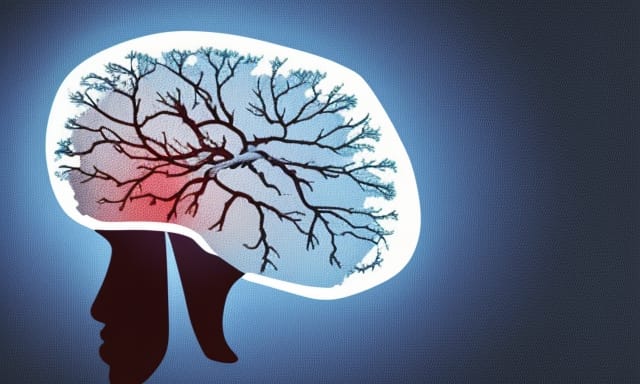
Mainstream media has made clear to every one of us that our current rates of material consumption are destroying the planet. If we don’t stop raping the limited resources of Planet Earth, we will induce a biosphere collapse that will probably kill us all. But there are very powerful forces preventing us from not pillaging the world.
Earth Overshoot Day is the day by when humans have used up all the resources that the planet can regenerate in a year. In 2024, that day was May 27. New Zealanders consume at such at rate that, if everyone consumed like us, we’d use up a year’s worth of resources by April 11.
The fact that an overshoot day even exists is proof that the world is insane. It means that we’re living in an unsustainable manner, much like a crackhead living on a giant ball of crack. We have to change course or we’re all going to die. But there are structural reasons why our global society can’t stop consuming the planet.
It’s not just a matter of resource depletion either. This March was the tenth straight month of record temperatures. The mainstream scientific consensus is that human activity has heated up the planet by almost 1.7 degrees Celcius since the late 1800s. If we don’t rein that activity in by reducing overconsumption, we will eventually cook the planet (and us with it).
The problem is that most of this consumption is motivated by the necessities of going to work and maintaining a state of work-readiness. A person must maintain a private vehicle, professional clothing and footwear, professional standards of grooming and body care, potentially all manner of tools and equipment, as well as pay for entertainment to destress from the demands of working. All of this costs resources – resources that are only used because of the obsession with working.
Realistically what we need is for a large number of people to go on something like a UBI, so that instead of driving to work every day and flying to meetings every week, and then spending the income they make from a forty-hour workweek on all kinds of consumer crap they don’t need, they can cut down both their work rate and their consumption rate.
The problem is that it’s simply not allowed to not work.
Our entire culture appears to be based on the logic that people not employed for wages are “not pulling their weight”, as if widespread starvation was imminent. There are dozens of words that can be employed to humiliate someone into working harder: bum, bludger, leech, moocher, parasite, lazy, shirker, grifter etc. To not be working for a wage is considered a great shame.
It could even be said that we live in a “workiarchy” where whoever works the most has the highest status. People brag about waking up extremely early in the morning to work, as if it was central to their moral value. This mentality has given us absurd humour like the “100 hours a week” meme, wherein it’s assumed that if you work less than 100 hours a week you’re taking it easy.

Mass abandonment of work is also not socially possible. The identities of most people are so closely bound with their work that they would suffer a catastrophic loss of personality structure if they were asked to give it up. In the same way that many people die shortly after they retire, because they no longer see a purpose to life, many people would lose the will to live if they were asked to stop working for the environment’s sake.
We’re killing the planet by consuming as much as we are. Yet it’s impossible to just simply not work. This irreconcilable conflict is causing immense levels of undiagnosed schizophrenia among Westerners, and especially younger ones, who are facing the existential dilemma of climate change head-on.
It is apparent from the widespread despair and malaise in Western society today that people want a change of direction. But who can change that direction, when most people are too busy working to pay rents to organise protest, and the people receiving the rents don’t want to change anything?
For the insanity at the heart of Western culture to be cured, we need to collectively come to the realisation that time spent in unpaid work can be just as valuable as time spent in paid work. We don’t need capitalists ordering us around for our lives to have value or meaning. We need to completely revalue the importance of work and industriousness in the light of the total ecological impact of humanity.
*
For more of VJM’s ideas, see his work on other platforms!
For even more of VJM’s ideas, buy one of his books!
*
If you enjoyed reading this piece, buy a compilation of our best pieces from previous years!
Best VJMP Essays and Articles of 2023
Best VJMP Essays and Articles of 2022
Best VJMP Essays and Articles of 2021
Best VJMP Essays and Articles of 2020
Best VJMP Essays and Articles of 2019
Best VJMP Essays and Articles of 2018
Best VJMP Essays and Articles of 2017
*
If you would like to support our work in other ways, make a donation to our Paypal! Even better, buy any one of our books!




